syn·site
in fun terms: (exuberant): a "syn-site" is like a superhero of spaces, not stuck in one place or time but zooming across different locations and experiences, both real and virtual. It can be anywhere and everywhere, all at once, juggling a bazillion different things. Picture a super-charged, ultra-connected web of experiences that's constantly evolving and changing. It's like the ultimate party where everyone and everything is invited, from real-world objects to digital ideas, all interacting and influencing each other in a cosmic dance! (whimsical): imagine every place you've ever been, every dream you've ever had, every idea that's ever tickled your brain, all gathered together for a grand cosmic potluck. Each brings their own flavor, their own story, their own essence, creating a delightful, surprising, and sometimes bewildering mélange. That's a syn-site: a cosmic kitchen where reality's recipes get remixed, and the menu is always changing!
in fun terms: (exuberant): a "syn-site" is like a superhero of spaces, not stuck in one place or time but zooming across different locations and experiences, both real and virtual. It can be anywhere and everywhere, all at once, juggling a bazillion different things. Picture a super-charged, ultra-connected web of experiences that's constantly evolving and changing. It's like the ultimate party where everyone and everything is invited, from real-world objects to digital ideas, all interacting and influencing each other in a cosmic dance! (whimsical): imagine every place you've ever been, every dream you've ever had, every idea that's ever tickled your brain, all gathered together for a grand cosmic potluck. Each brings their own flavor, their own story, their own essence, creating a delightful, surprising, and sometimes bewildering mélange. That's a syn-site: a cosmic kitchen where reality's recipes get remixed, and the menu is always changing!
SYN (along with, at the same time | from Greek SYN, with | ~SYNTHETIC) + SITE (N: point of event, occupied space, internet address; V: to place in position | from Latin SITUS, location, idleness, forgetfulness | ~WEBSITE ¬cite ¬sight), cf. SITE/NON-SITE (from Robert Smithson, A PROVISIONAL THEORY OF NONSITES, 1968)
...divination ... constitutes a space in which cognitive structures are transformed and new relations are generated in and between the fields of the human body (senses, emotions), the social body and the cosmos.
...divination ... constitutes a space in which cognitive structures are transformed and new relations are generated in and between the fields of the human body (senses, emotions), the social body and the cosmos.
...divination ... constitutes a space in which cognitive structures are transformed and new relations are generated in and between the fields of the human body (senses, emotions), the social body and the cosmos.



in newtonian reality, two objects cannot occupy the same space at the same time – and if they do, we call this an ‘accident’. however, sometimes the very fact of accident, error, mistake, failure or glitch may establish a certain kind of freedom, a certain kind of new knowledge, practice, engagement.
in newtonian reality, two objects cannot occupy the same space at the same time – and if they do, we call this an ‘accident’. however, sometimes the very fact of accident, error, mistake, failure or glitch may establish a certain kind of freedom, a certain kind of new knowledge, practice, engagement.
in newtonian reality, two objects cannot occupy the same space at the same time – and if they do, we call this an ‘accident’. however, sometimes the very fact of accident, error, mistake, failure or glitch may establish a certain kind of freedom, a certain kind of new knowledge, practice, engagement.
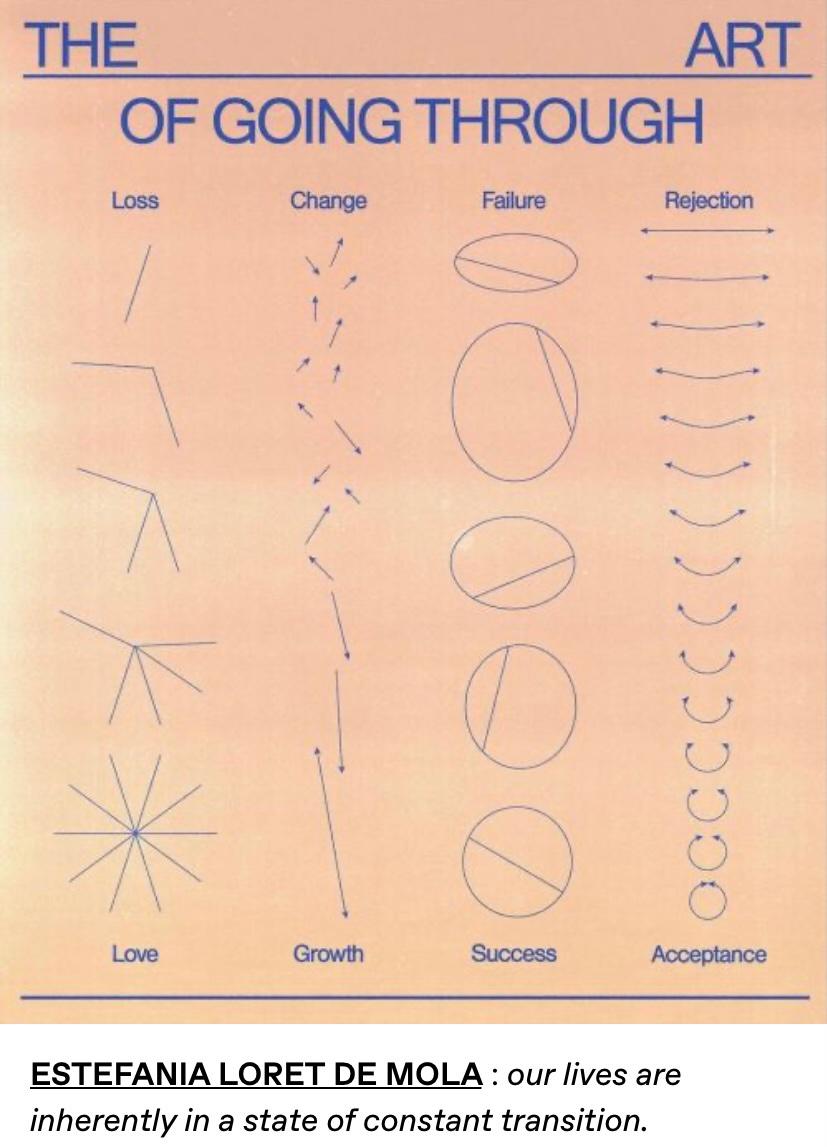


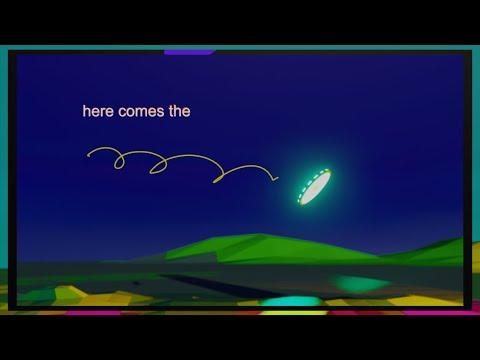


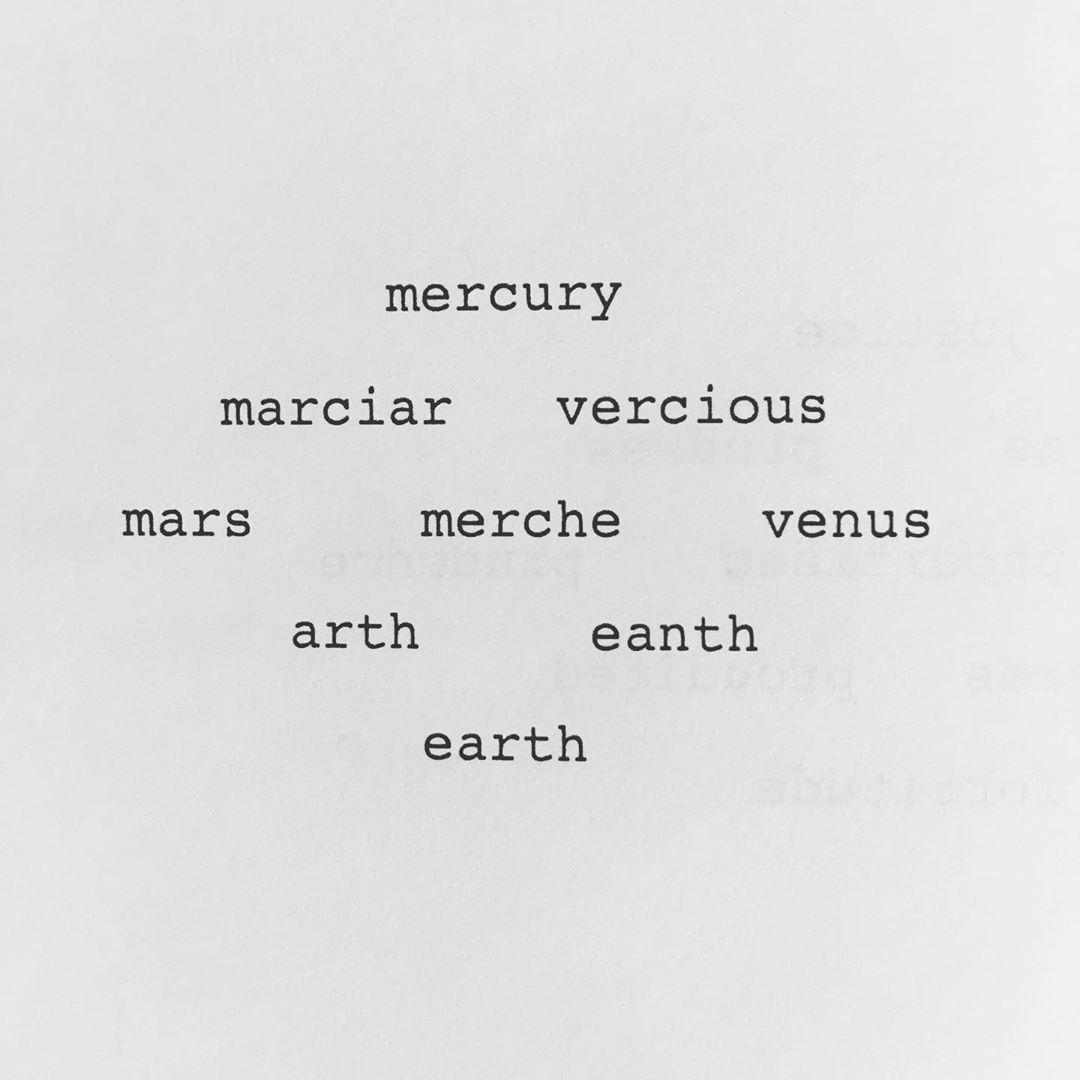


CONFUSING YOURSELF IS A WAY TO STAY HONEST
CONFUSING YOURSELF IS A WAY TO STAY HONEST
CONFUSING YOURSELF IS A WAY TO STAY HONEST
When you have the thing that's dark and alienating and also magical, it has the power to force inner contradiction and conflict. And for me that is valuable because it's the source of meaning. It's a fallacy to correlate meaning with clarity. It's a process. It's a way of being with conflict and conflict and paradox over time and it's a 'slogging through' process.
When you have the thing that's dark and alienating and also magical, it has the power to force inner contradiction and conflict. And for me that is valuable because it's the source of meaning. It's a fallacy to correlate meaning with clarity. It's a process. It's a way of being with conflict and conflict and paradox over time and it's a 'slogging through' process.
When you have the thing that's dark and alienating and also magical, it has the power to force inner contradiction and conflict. And for me that is valuable because it's the source of meaning. It's a fallacy to correlate meaning with clarity. It's a process. It's a way of being with conflict and conflict and paradox over time and it's a 'slogging through' process.
Alfred Korzybski remarked that "the map is not the territory" and that "the word is not the thing", encapsulating his view that an abstraction derived from something, or a reaction to it, is not the thing itself.
Alfred Korzybski remarked that "the map is not the territory" and that "the word is not the thing", encapsulating his view that an abstraction derived from something, or a reaction to it, is not the thing itself.
Alfred Korzybski remarked that "the map is not the territory" and that "the word is not the thing", encapsulating his view that an abstraction derived from something, or a reaction to it, is not the thing itself.
A dictionary begins when it no longer gives the meaning of words, but their tasks. Thus formless is not only an adjective having a given meaning, but a term that serves to bring things down in the world, generally requiring that each thing have its form. What it designates has no rights in any sense and gets itself squashed everywhere, like a spider or an earthworm. In fact, for academic men to be happy, the universe would have to take shape. All of philosophy has no other goal: it is a matter of giving a frock coat to what is, a mathematical frock coat. On the other hand, affirming that the universe resembles nothing and is only formless amounts to saying that the universe is something like a spider or spit.
A dictionary begins when it no longer gives the meaning of words, but their tasks. Thus formless is not only an adjective having a given meaning, but a term that serves to bring things down in the world, generally requiring that each thing have its form. What it designates has no rights in any sense and gets itself squashed everywhere, like a spider or an earthworm. In fact, for academic men to be happy, the universe would have to take shape. All of philosophy has no other goal: it is a matter of giving a frock coat to what is, a mathematical frock coat. On the other hand, affirming that the universe resembles nothing and is only formless amounts to saying that the universe is something like a spider or spit.
A dictionary begins when it no longer gives the meaning of words, but their tasks. Thus formless is not only an adjective having a given meaning, but a term that serves to bring things down in the world, generally requiring that each thing have its form. What it designates has no rights in any sense and gets itself squashed everywhere, like a spider or an earthworm. In fact, for academic men to be happy, the universe would have to take shape. All of philosophy has no other goal: it is a matter of giving a frock coat to what is, a mathematical frock coat. On the other hand, affirming that the universe resembles nothing and is only formless amounts to saying that the universe is something like a spider or spit.
si·de·re·al
/ˌsīˈdirēəl/
adjective
of or with respect to the distant stars (i.e. the constellations or fixed stars, not the sun or planets).
—> sidereality
si·de·re·al
/ˌsīˈdirēəl/
adjective
of or with respect to the distant stars (i.e. the constellations or fixed stars, not the sun or planets).
—> sidereality
si·de·re·al
/ˌsīˈdirēəl/
adjective
of or with respect to the distant stars (i.e. the constellations or fixed stars, not the sun or planets).
—> sidereality
The matador is gored, the real jumps out and punctures the screen or strip of film, destroying it. . . . The challenge isn’t to depict this real realistically, or even ‘well’, but to approach it in the full knowledge that, like some roving black hole, it represents (though that’s not the right word anymore) the point at which the writing’s entire project crumples and implodes.
The matador is gored, the real jumps out and punctures the screen or strip of film, destroying it. . . . The challenge isn’t to depict this real realistically, or even ‘well’, but to approach it in the full knowledge that, like some roving black hole, it represents (though that’s not the right word anymore) the point at which the writing’s entire project crumples and implodes.
The matador is gored, the real jumps out and punctures the screen or strip of film, destroying it. . . . The challenge isn’t to depict this real realistically, or even ‘well’, but to approach it in the full knowledge that, like some roving black hole, it represents (though that’s not the right word anymore) the point at which the writing’s entire project crumples and implodes.
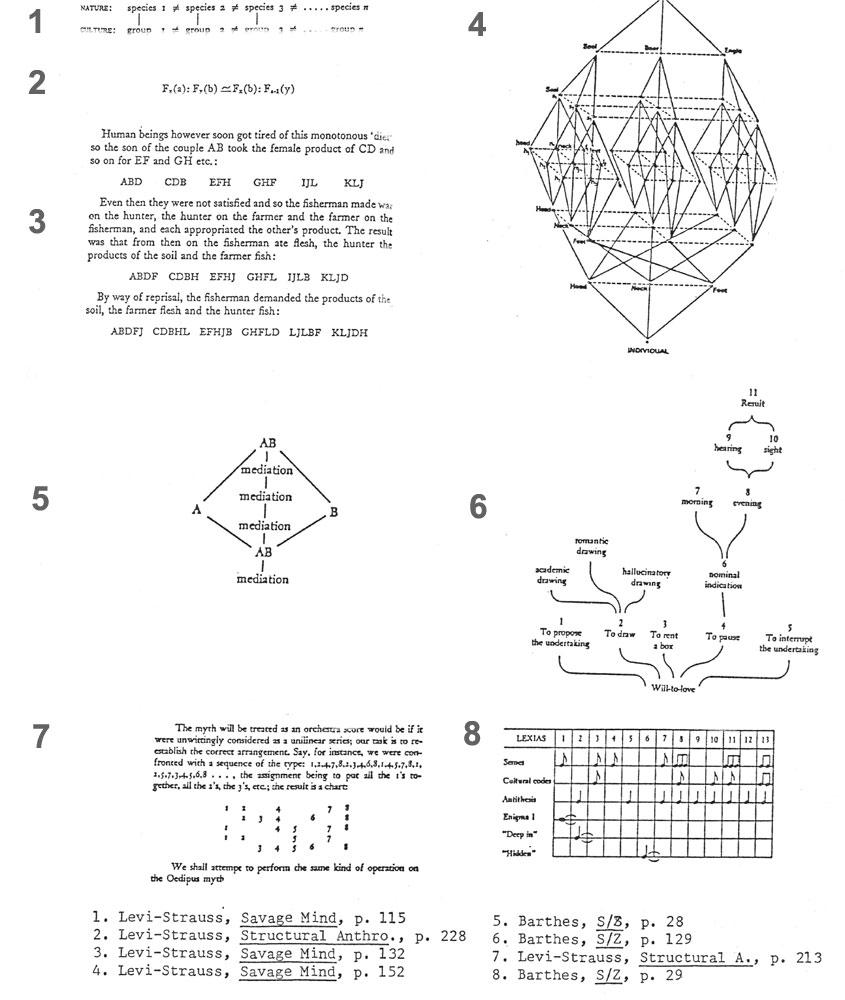


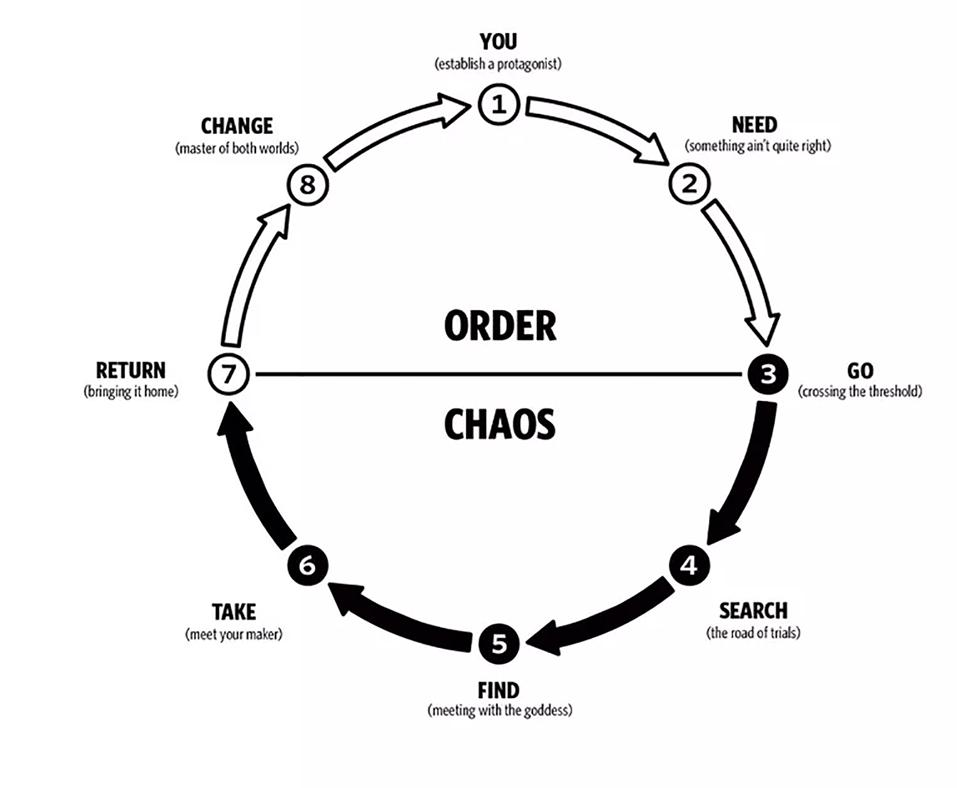


Sometimes I consider myself a fisherman. Computer programs and ideas are the hooks, rods, and reels. Computer pictures are the trophies and delicious meals. A fisherman does not always know what the waters will yield… Often the specific catch is a surprise.
Sometimes I consider myself a fisherman. Computer programs and ideas are the hooks, rods, and reels. Computer pictures are the trophies and delicious meals. A fisherman does not always know what the waters will yield… Often the specific catch is a surprise.
Sometimes I consider myself a fisherman. Computer programs and ideas are the hooks, rods, and reels. Computer pictures are the trophies and delicious meals. A fisherman does not always know what the waters will yield… Often the specific catch is a surprise.
The line is the interface between language and the world. The line is language held taut, and someone has to be doing the work of holding the line taut. [...] Language is always situated in social and physical reality.
The line is the interface between language and the world. The line is language held taut, and someone has to be doing the work of holding the line taut. [...] Language is always situated in social and physical reality.
The line is the interface between language and the world. The line is language held taut, and someone has to be doing the work of holding the line taut. [...] Language is always situated in social and physical reality.
At birth, we emerge from dream soup. At death, we sink back into dream soup. In between soups, there is a crossing of dry land. Life is a portage.
At birth, we emerge from dream soup. At death, we sink back into dream soup. In between soups, there is a crossing of dry land. Life is a portage.
At birth, we emerge from dream soup. At death, we sink back into dream soup. In between soups, there is a crossing of dry land. Life is a portage.
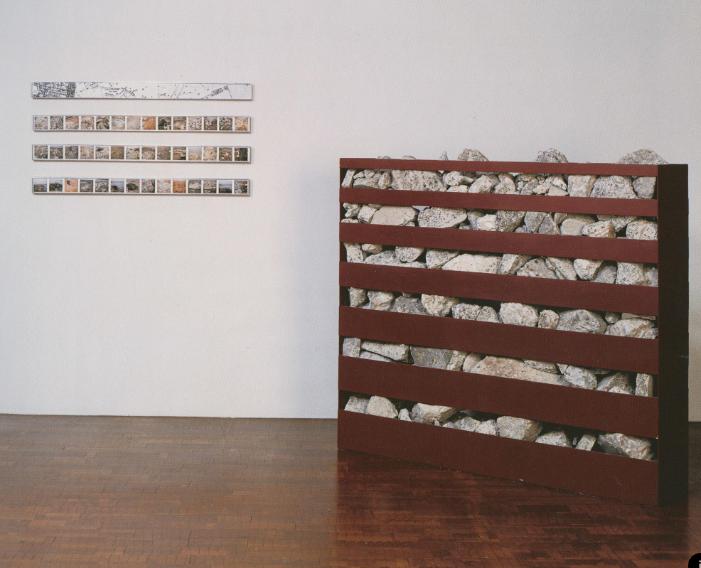


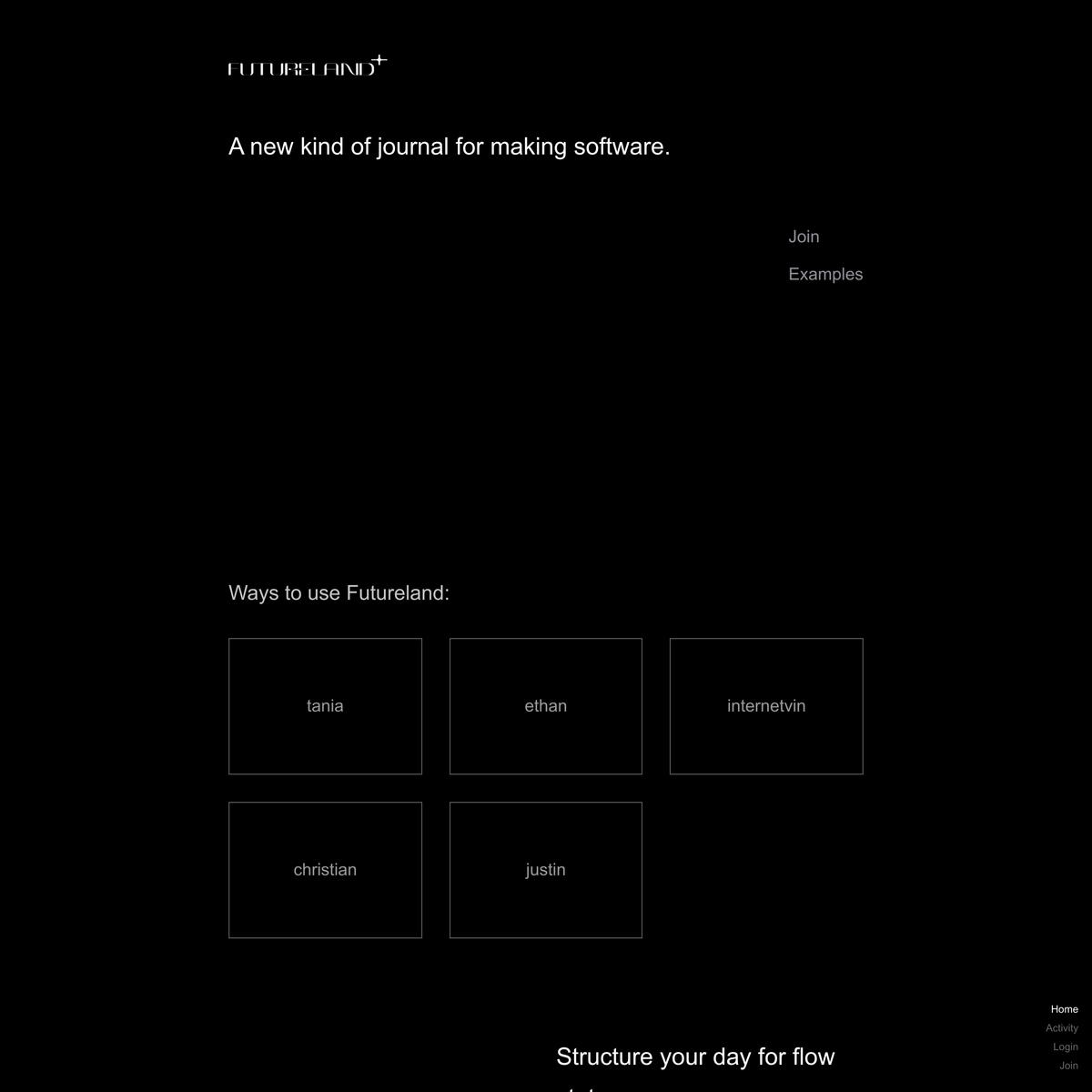


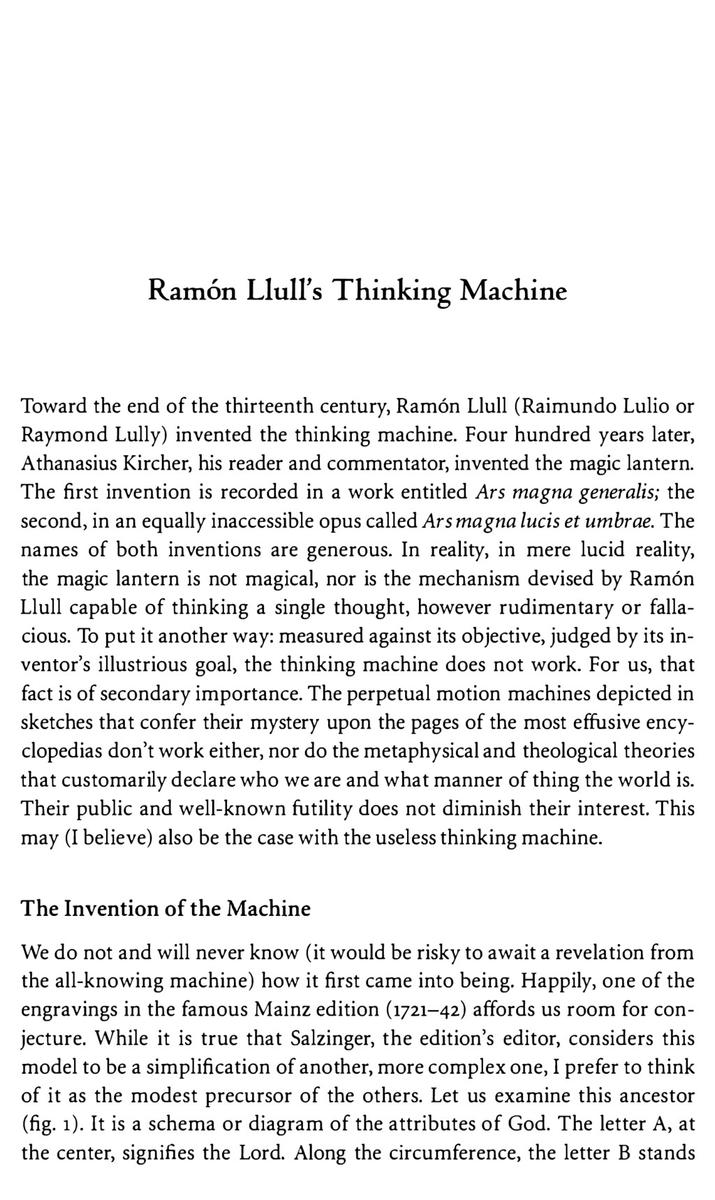


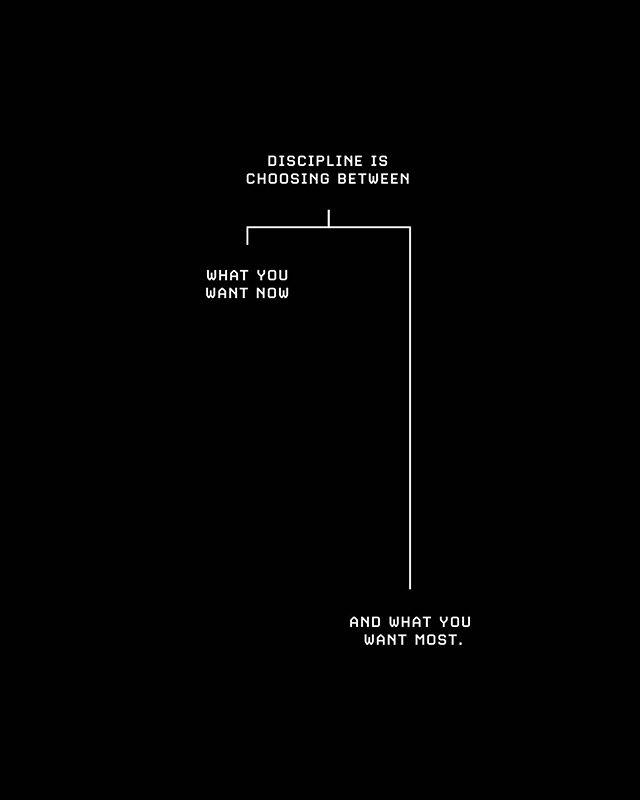


It is now less and less necessary for the writer to invent the fictional content of his novel. The fiction is already there. The writer’s task is to invent the reality.
It is now less and less necessary for the writer to invent the fictional content of his novel. The fiction is already there. The writer’s task is to invent the reality.
It is now less and less necessary for the writer to invent the fictional content of his novel. The fiction is already there. The writer’s task is to invent the reality.